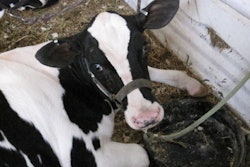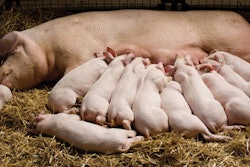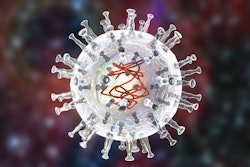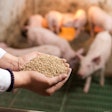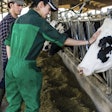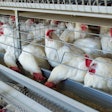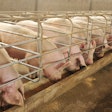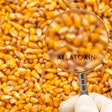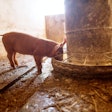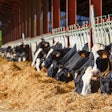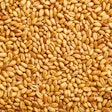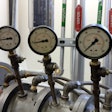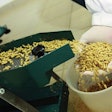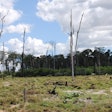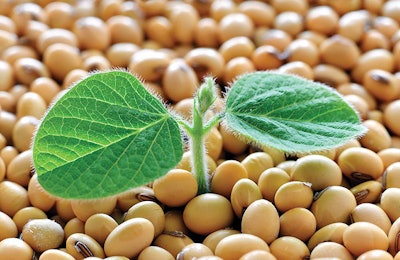
The movement toward sustainable soy continues with concrete steps from Danish agriculture leaders.
According to the Danish Agriculture & Food Council, all soy sourced for animal feed by the Danish animal industry must be produced responsibly, verified and deforestation-free. This goal must be reached by 2025 with intermediate steps until then.
Danish AFC also wants the European Union to accept a similar position so that all soy entering the EU is sourced in a similar fashion. In addition, they expect diminished reliance on imported soy through initiatives on alternative proteins, such as grass- or algae-derived proteins. Below are the main points of the Danish plan for 2025.
- Target: By 2025, 100% of the soy sourced for animal feed will be responsibly produced. This will be third-party verified and in accordance with guidelines set by the European Feed Manufacturers Federation (FEFAC).
- Specific intermediate objectives have been set through to 2025. This means the minimum percentage of verified responsible soy will be stepped up: in 2021 to 20%, in 2022 to 40%, in 2023 to 60%, in 2024 to 80%, and in 2025 to 100%.
- The target is 100% physically segregated soy. However, as the supply of segregated soy is very low, imports will be calculated according to the mass balance principle, where every link from producer to farmer is able to document the percentage of sourced responsible soy.
- Danish agriculture actively supports the work of FEFAC and the further development of FEFAC’s criteria for responsible soy, including deforestation. Through FEFAC’s work, Danish agriculture will influence the entire European agriculture industry’s sourcing of responsible soy.
- The Danish Agriculture & Food Council urges the Danish government to push for responsible and deforestation-free imports at the EU level and to enter into discussions with producer countries on responsible soy production.


